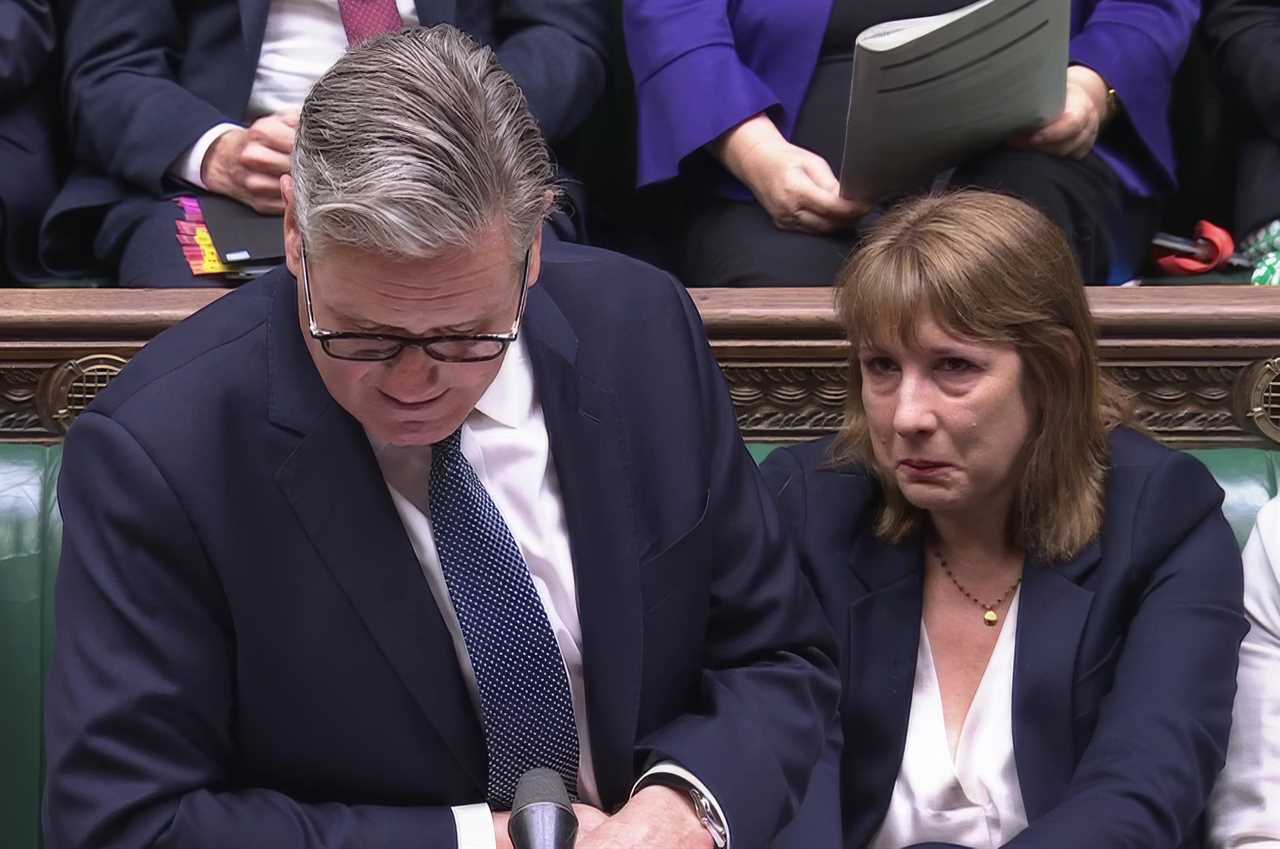
In a complex turn of events, Labour's stance on scrapping the two-child benefit cap has shifted, highlighting the intricate landscape of UK welfare policy. Amid a £5 billion welfare U-turn, the party's decision not to pursue this change underscores the delicate balance between social support and financial constraints.
Analyzing Labour's Policy Shift
Labour's initial push to scrap the two-child benefit cap, led by left-wing MPs, faced internal challenges and financial realities. The £5 billion welfare U-turn has prompted a reevaluation of priorities, showcasing the nuanced decision-making process within the party's leadership. How does this choice reflect broader ideological shifts within Labour?
The Human Impact of Benefit Restrictions
With families limited to claiming benefits for only two children, the emotional and financial toll on households has been significant since the cap's implementation in 2017. How does this policy affect vulnerable groups, and what does it reveal about societal attitudes towards support for larger families?
Labour's Evolving Welfare Agenda
Labour's journey from advocating for the removal of the benefit cap to its current position signals a deeper exploration of economic priorities and social welfare commitments. How does this decision fit into the party's broader vision for a fairer, more inclusive welfare system?

Impact on Vulnerable Communities
As discussions around welfare reform continue, the implications for vulnerable communities, particularly those reliant on support for more than two children, come into focus. How can policymakers balance financial prudence with safeguarding the most marginalized members of society?
Labour's recent welfare U-turns, including the reconsideration of winter fuel payments and disability benefits, underscore the complexities of translating policy intentions into practical solutions. What lessons can be drawn from these shifts in approach, and how might they shape future social and economic policies in the UK?
Amidst these political manoeuvres, the human stories behind welfare policies must not be forgotten. Behind each statistic lies a family navigating the challenges of limited support and uncertain futures. How can a more empathetic, holistic approach to welfare reform be cultivated within the current political landscape?
As Labour grapples with the intricacies of welfare policy, the decision on the two-child benefit cap stands as a poignant example of the complexities inherent in balancing social welfare objectives with economic realities. Navigating these complexities requires a nuanced understanding of the multifaceted issues at play, urging us to reflect on the broader implications for social justice and equality in the UK.

Did you miss our previous article...
https://trendinginthenews.com/uk-politics/analysis-tribunal-judges-overturn-majority-of-benefits-refusals-unveiling-systemic-flaws






